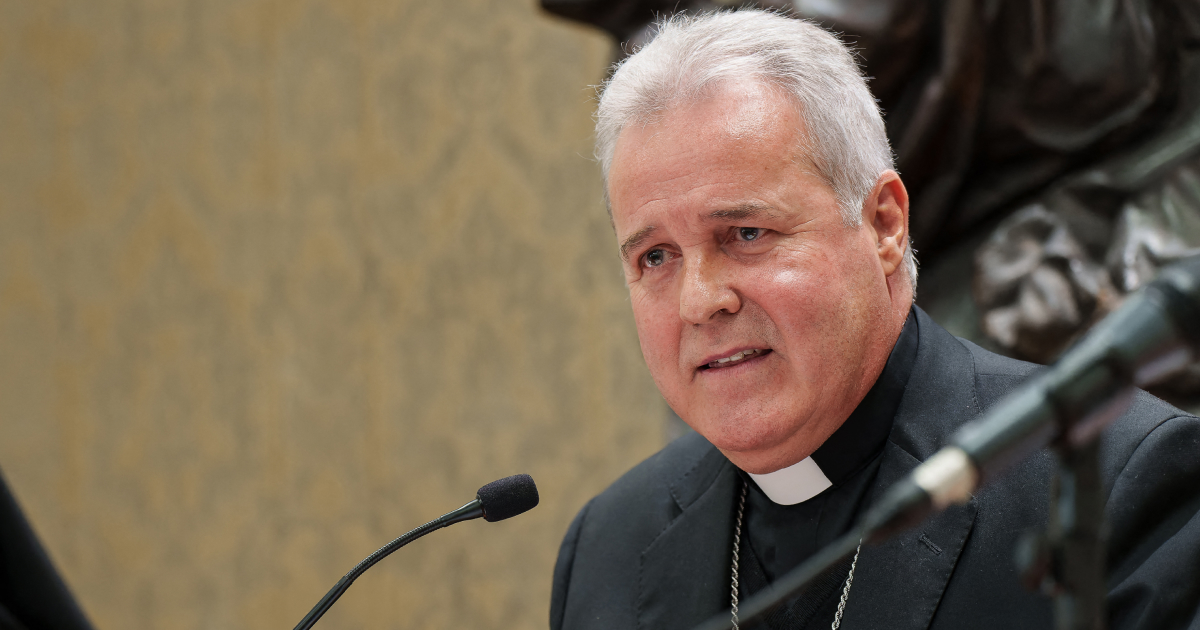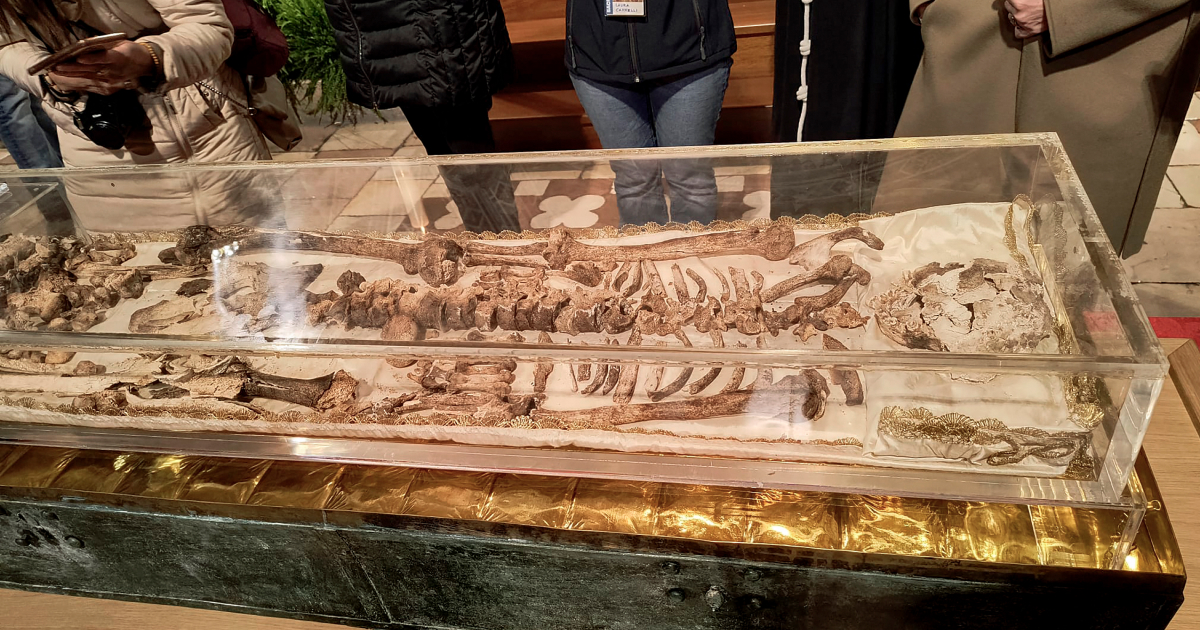Women aged 35 and older who are undergoing IVF treatment could conceive successfully and give birth to a baby more quickly through the implementation of genetic screening of embryos, according to a recent medical trial in the UK.
The study by researchers at King’s College London university, King’s College Hospital and King’s Fertility has found that “preimplantation genetic testing for aneuploidy” (PGT-A) – a test that checks embryos for the correct number of chromosomes – appeared to help participants become pregnant in fewer embryo transfers, reports LBC News.
Among 100 women aged 35 to 42 that the trial looked at, those who received PGT-A testing had a 72 per cent “live birth rate” after up to three transfers, compared with 52 per cent for those who did not receive the test.
Researchers say the approach could reduce the emotional strain of IVF by lowering the risk of miscarriage and implantation failure and, thereby, “also reducing the emotional toll of repeated unsuccessful cycles”.
The Catholic Church, however, while acknowledging the great strains on couples struggling to conceive and have children, maintains a position of not supporting or endorsing IVF, especially the storage and use of multiple embryos.
Currently, PGT-A testing is not offered on the NHS, but the latest findings could change the conversation around fertility care for older women, LBC News reports.
“The number of women starting their family above the age of 35 is increasing and women in this age group are more likely to create embryos with the wrong number of chromosome,” says Dr Yusuf Beebeejaun, of King’s College London and King’s Fertility.
Researchers suggest larger trials are now needed to confirm the findings, which have been published in the Journal of Clinical Medicine.
The study also included mosaic embryos, which contain both normal and abnormal cells and are frequently encountered in IVF but rarely included in research, notes King's College London university's News Centre.
Dr Sesh Sunkara, also of King’s College London and King’s Fertility, says: “By focusing exclusively on women aged 35 to 42 and including mosaic embryos, we have addressed questions that previous studies have not adequately explored.
“While larger multi-centre trials are needed to confirm these findings, improving treatment efficiency with a shorter time to achieving pregnancy and live birth could reduce the physical and emotional burden of IVF for women of advanced reproductive age.”
One 39-year-old IVF patient, who took part in the trial, gave birth following her first embryo transfer.
She said: “I believed PGT-A would give me the relative peace of mind, that my future pregnancies would succeed with a higher rate.
“Also, that syndromes associated to aneuploidy like Down’s were less likely.
“I believe PGT-A also helped my IVF journey, as I managed to become a mum to my beautiful child on my first attempt at embryo transfer. The fact that he was genetically normal, possibly made this more likely, as miscarriages are less frequent with genetically normal embryos."
She added: “Having had a miscarriage in the past, for me it was important to minimise the risk of this happening again the most that I could. Having the opportunity to do this at King’s Fertility was a blessing, in my eyes.”
Catholic social teaching, however, does not endorse IVF due to significant concerns about the procedures and treatments of embryos involved.
“An unethical cycle perpetuates itself,” notes a previous Catholic Herald article on the often under-appreciated problems around IVF.
Statistics from Britain published in 2013 show that between 1996 and 2006, there were 122,000 children born via IVF, while in the same time frame 3.8 million embryos were created.
According to an article published in the Journal of Assisted Reproduction and Genetics, 80 per cent of embryos conceived via IVF and chosen for transfer do not result in a live birth. This is problematic in and of itself. These human lives are placed in an environment where they are not supposed to be and this place is not safe for them, as the aforementioned statistic indicates.
This also contributes to why the standard IVF practice is to create many embryos, which then results in so many embryos being placed in freezers and after a certain number of years they are discarded, as they can no longer be used.
In Catholic thinking, unconditional respect is owed to every human being at every moment of their existence. Embryos should not be made into objects or treated as experimental material to be selected over others, tested for quality or graded as “good” and “less good” or treated as raw material to be used for the desires of others, or stored or frozen.
This unconditional respect includes respect for the specific character of the personal act that transmits life. The truly human act that brings another human being into being is the act of sexual love between that human being’s parents. Precisely because we have dignity from our very beginning, we deserve to come to be through the loving embrace of our parents.
Despite such concerns, IVF has now become not only commonplace but also big business and the first port of call for couples having difficulties.
Dr Ippokratis Sarris, Director of King’s Fertility and co-author of the study on PGT-A testing, said: “We are proud to have led this pioneering trial, which addresses one of the most important questions in IVF treatment for women over 35."
RELATED: IVF is no panacea and Church teaching reflects that for the sake of human dignity
Photo: An embryologist shows an Ovocyte on a computer screen after it was inseminated at the Virginia Center for Reproductive Medicine in Reston, Virginia, USA, 12 June 2019. (Photo by IVAN COURONNE/AFP via Getty Images.)





.jpg)











